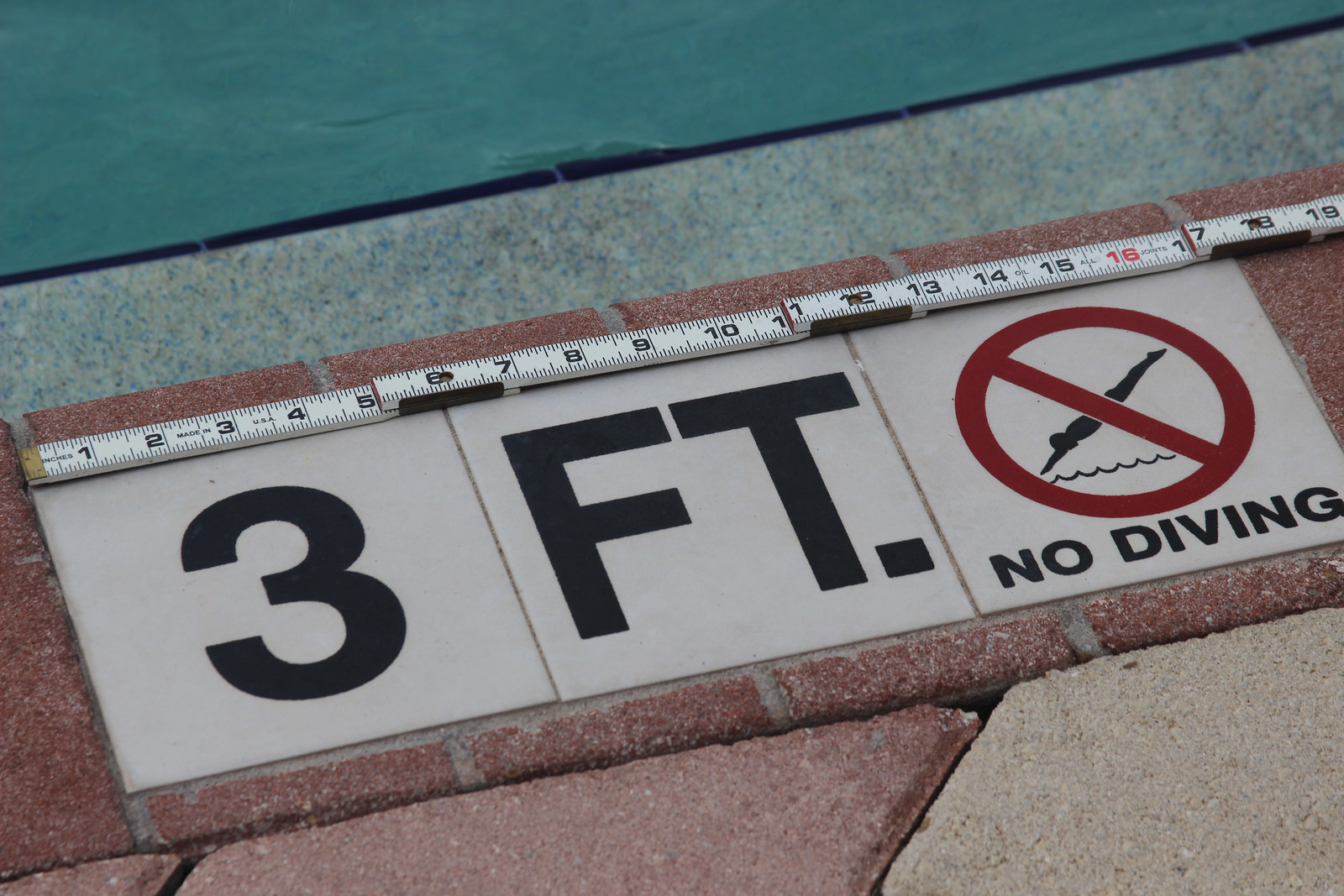Swimming pools and spas are a part of the South Florida lifestyle. Satellite photos of any inhabited area in our region show how common they are. They’re everywhere! In backyards, subdivisions, rental complexes, hotels, institutions, and towns – all over the place. It’s great! Swimming, after all, is the fourth most popular recreation in the USA. It’s the #1 choice of the young. What’s more, our climate keeps water features in use year-round. However, there’s a dark side to our love affair with the water. Swimming pool injuries. Pools and spas can be dangerous.
SWIMMING POOL INJURIES
The stark reality is that drowning is an ever-present risk to anybody with a submerged airway. We can’t breathe water. If we inhale some, that’s drowning. An average of about 10 fatal drownings happen daily in the USA. A third of these are young children. Tragically, Florida leads the 50 states in child drowning fatalities.
However, drowning’s not always fatal. In fact, US hospital emergency rooms annually see about 6,000 non-fatal drownings from pools and spas. Nonetheless, the outcomes of non-fatal drownings can be devastating. First, survivors of drowning can sustain brain damage from lack of oxygen. Second, drowning is sometimes the result of a mishap that leaves the victim injured and/or unconscious. That is, unable to swim. Diving is often the culprit. It’s one of the leading causes of spinal injury in America. In addition, pool accidents can turn deadly very quickly. Drowning is a matter of a few minutes.
OTHER HAZARDS
Pool or spa water itself can harbor risks of infectious disease. Conversely, overuse of the very chemicals meant to reduce those risks can produce toxic hazards. Finally, the decks around water features are ripe for slip-and-fall accidents. Swimming pool injuries come in many forms.
FLORIDA LAW
Florida law takes these special aspects of the pool/spa environment into account. About half of pool drowning accidents happen in residential pools. The Residential Swimming Pool Safety Act (RSPSA) provides that an injury caused by a residential pool is enough to establish negligence. A plaintiff doesn’t have to show that the owner breached a duty of care. Some subdivision pools are exempt. Hence, in cases of injury or death in any pool on private property, an early step is to determine whether the RSPSA covers the location. Public pools are generally subject to the gross negligence standard.
The tragic fact is that pool and spa accidents too often result in fatalities. Thus, it’s crucial to be aware that such cases must be brought within two years. In contrast, non-fatal injury cases can be brought up to four years out.




